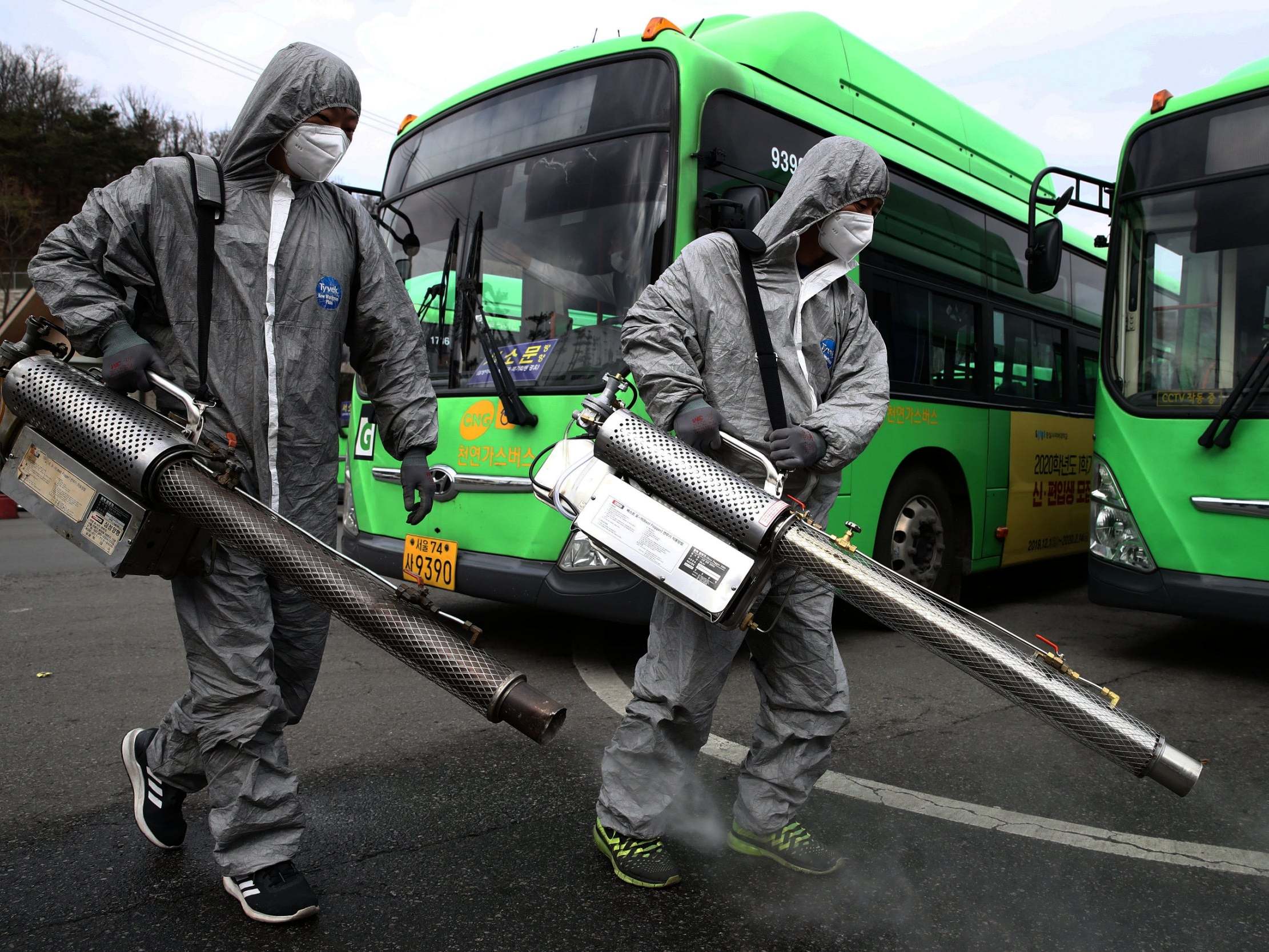This website uses cookies so that we can provide you with the best user experience possible. Cookie information is stored in your browser and performs functions such as recognising you when you return to our website and helping our team to understand which sections of the website you find most interesting and useful.

Facebook has banned adverts that falsely claim to offer a cure or vaccine to the Covid-19 coronavirus.
The technology giant’s policy comes after the World Health Organisation warned of an “infodemic” surrounding the virus, which has seen misinformation and conspiracy theories spread across social media.
There is currently no cure or vaccine for the Covid-19 coronavirus strain and the outbreak is showing no signs of slowing down. The number of global coronavirus cases passed 80,000 this week, with the deathtoll currently at around 2,800.
“We recently implemented a policy to prohibit ads that refer to the coronavirus and create a sense of urgency, like implying a limited supply, or guaranteeing a cure or prevention,” Facebook told Business Insider, which first reported the ban.
“We also have policies for surfaces like Marketplace that prohibit similar behaviour.”
Created with Sketch.
Created with Sketch.
1/10
A man wearing a face mask crosses a road in Wuhan, the epicentre of the novel coronavirus outbreak.
Reuters
2/10
A view of the empty entrance to the Università Cattolica (Catholic University) in Milan, northern Italy, on 24 February, 2020.
EPA
3/10
Empty streets in Daegu, South Korea, on 23 February, 2020.
EPA
4/10
Empty streets in Daegu, South Korea, on 23 February 2020.
EPA
5/10
A lone sanitation worker sits near the closed Hankou Railway Station in Wuhan, Hubei province, China, on February 24, 2020.
Reuters
6/10
A view of a deserted street in Codogno, northern Italy, on February 23, 2020.
EPA
7/10
Italian police officers set a road block in Codogno, Northern Italy, on Monday, Feb. 24, 2020.
AP
8/10
A supermarket closed in Codogno, one the northern Italian towns placed under lockdown, on February 23, 2020.
EPA
9/10
A lone cyclist wearing sanitary masks pedals in the center of Codogno, Northern Italy.
LaPresse via AP
10/10
An empty road at the entrance of the small Italian town of Codogno on February 23, 2020.
AFP via Getty
1/10
A man wearing a face mask crosses a road in Wuhan, the epicentre of the novel coronavirus outbreak.
Reuters
2/10
A view of the empty entrance to the Università Cattolica (Catholic University) in Milan, northern Italy, on 24 February, 2020.
EPA
3/10
Empty streets in Daegu, South Korea, on 23 February, 2020.
EPA
4/10
Empty streets in Daegu, South Korea, on 23 February 2020.
EPA
5/10
A lone sanitation worker sits near the closed Hankou Railway Station in Wuhan, Hubei province, China, on February 24, 2020.
Reuters
6/10
A view of a deserted street in Codogno, northern Italy, on February 23, 2020.
EPA
7/10
Italian police officers set a road block in Codogno, Northern Italy, on Monday, Feb. 24, 2020.
AP
8/10
A supermarket closed in Codogno, one the northern Italian towns placed under lockdown, on February 23, 2020.
EPA
9/10
A lone cyclist wearing sanitary masks pedals in the center of Codogno, Northern Italy.
LaPresse via AP
10/10
An empty road at the entrance of the small Italian town of Codogno on February 23, 2020.
AFP via Getty
Facebook’s statement comes after misleading claims by acting US Homeland Security Secretary Chad Wolf that a vaccine is nearly ready.
Mr Wolf told a Senate hearing that a coronavirus vaccine would be ready “within months”, despite estimates by the Center for Disease Control and Prevention (CDC) that it will be at least a year before one is approved.
An experimental vaccine developed by US biotech firm Moderna shipped this week to US government researchers, however the process of testing the potential immunisation will take at least one year to complete.
More than 80 clinical trials are also currently underway in China, where the outbreak started, with each trial containing up to 600 people. Treatments being tested range from traditional Chinese medicines that are centuries-old, to malaria and HIV drugs proven to kill off the virus in cell culture.
Facebook first outlined its response to the coronavirus public health emergency in a blog post last month, which explained how its “global network of third-party fact-checkers” would review any content relating to the outbreak.
“When they rate information as false, we limit its spread on Facebook and Instagram and show people accurate information from these partners,” the post stated.
“We also send notifications to people who already shared or are trying to share this content to alert them that it’s been fact-checked.”
Other tech firms are also taking measures to stem the spread of misinformation and profiteering surrounding the coronavirus. Twitter said it would prioritise authoritative health information, while Amazon has warned third-party sellers against excessive price hikes for highly-demanded items like face masks.



 Africana55 Radio
Africana55 Radio 

